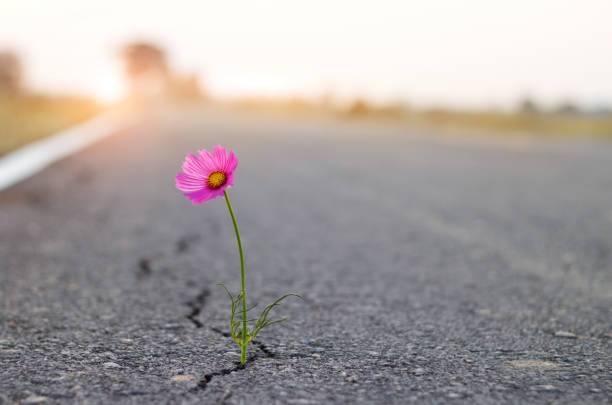“I am not what has happened to me. I am what I choose to become.” Carl Jung
Insight of the day:
The ability to bounce back is inherent in all of us. Resilience is not something we do, it is rather built into the design of the human mind. What is resilience really? Our capacity to return to our natural balance and clarity when we lose it. How do we do that? By realizing that if we slow down, no matter what the challenges are, we will avoid reactive behavior. Remember that reactive behavior is caused firstly by our overthinking and secondly by our misunderstanding that we are the content of our thoughts or a reflection of what happens outside of us (the outside-in misunderstanding). Yet, 2% of people in the world who have a leadership state of mind, know for a fact that the tougher the situation, the more calm they need to remain. And it works, because by remaining calm, our mind clears, we find the power inside and a flow of good fresh ideas (insights) return. Leaders claim to even enjoy the challenges, because they notice how much they expand and grow through them. The faster we remember the inside-out nature of experience, the greater our resilience. This understanding does not prevent the experience of disappointment or pain. Sometimes life does not work out! We can not avoid bad feelings altogether. Nevertheless, at a secondary level, if we slow down and see that we have a choice about what to do next, if we remember the inside-out nature of experience and that we have the power of thought, then we gradually develop a different relationship with disappointment and pain itself. We see them as transitory, we do not identify with them, and we bounce back! Most importantly, when we recognize the actual source of our feelings, we do not have to wait for circumstances to change in order for us to feel better.
Yet, 2% of people in the world who have a leadership state of mind, know for a fact that the tougher the situation, the more calm they need to remain. And it works, because by remaining calm, our mind clears, we find the power inside and a flow of good fresh ideas (insights) return. Leaders claim to even enjoy the challenges, because they notice how much they expand and grow through them.
he faster we remember the inside-out nature of experience, the greater our resilience. This understanding does not prevent the experience of disappointment or pain. Sometimes life does not work out! We can not avoid bad feelings altogether. Nevertheless, at a secondary level, if we slow down and see that we have a choice about what to do next, if we remember the inside-out nature of experience and that we have the power of thought, then we gradually develop a different relationship with disappointment and pain itself. We see them as transitory, we do not identify with them, and we bounce back! Most importantly, when we recognize the actual source of our feelings, we do not have to wait for circumstances to change in order for us to feel better.
Reflection journal:
Amidst a huge crisis who would you trust, who would you put your money on to save the day, the panicky over-thinking person or the calm and determined person? Even expertise, rational knowledge and experience is blocked in times of panic. Think of a world-renowned surgeon who has started getting severe panic attacks while operating. Would you be willing to go on his operating bed?
And, how natural is resilience? You can reflect on the self-healing properties of our bodies, that are more obvious. Under normal circumstances, if you have a cut on your finger, will it naturally heal? Does new hair come out of your scalp every day, whether you realize it or not? Do your finger nails grow, without your involvement? If you study the anatomy of the human body, you will discover countless examples where self-healing and resilience is a natural every-day function of the human design. WHAT IS TRUE FOR OUR BODY, IS ALSO TRUE FOR OUR MIND. When we leave it alone, it bounces back, it heals and it thrives again. That is what it is designed to do. But we forget, and we doubt. Every time we overanalyze something and become neurotic, it’s like we are scratching the wound, like we are pulling out our own hairs. In a crystal bowl filled with sand and water, the more we shake it up, the more cloudy it becomes…we need to leave it alone so the sand will settle in the bottom and the water will become clear.
Just reflect from a moment of silence: “Who do I choose to become?”
